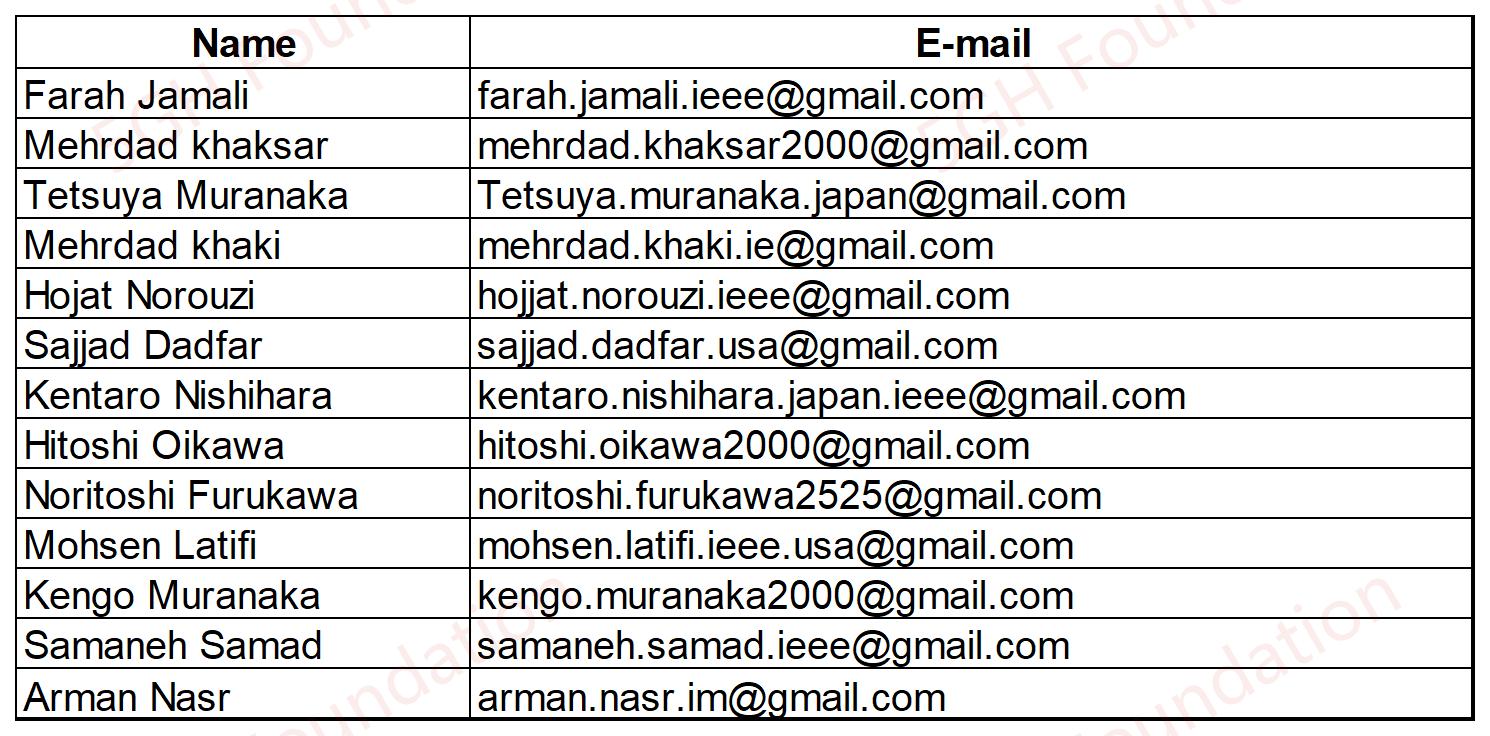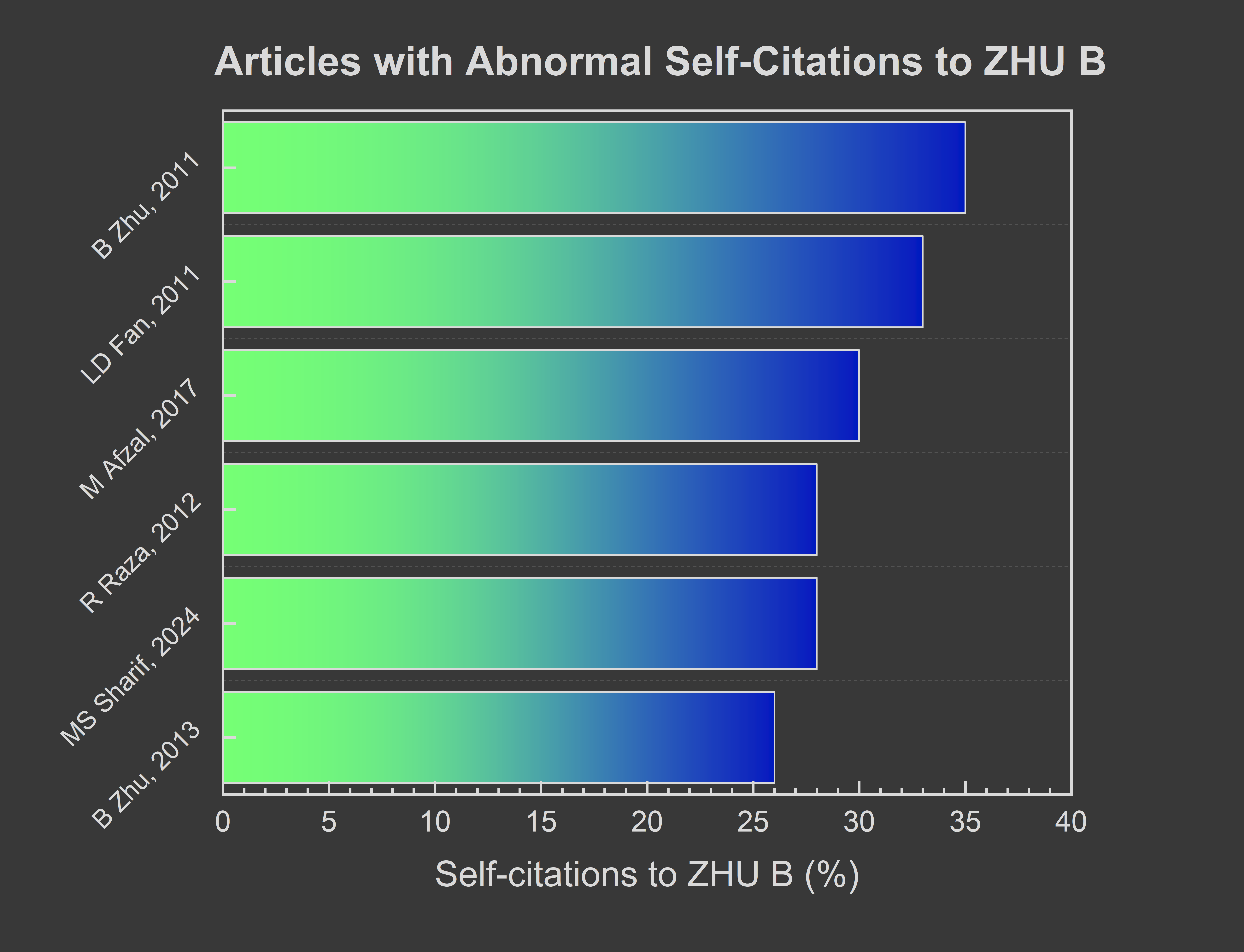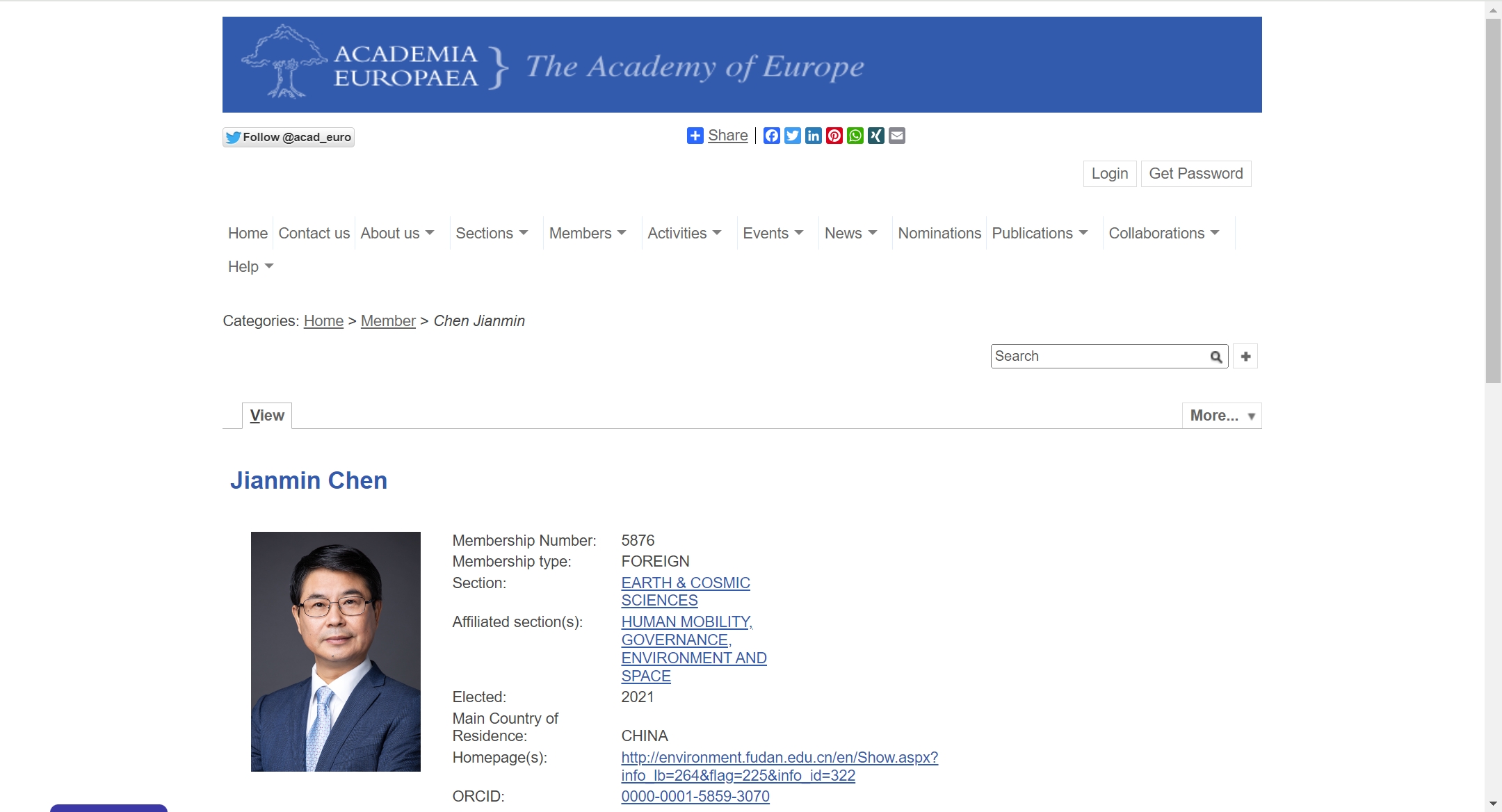Is "Solar Energy and Power Electronic Co., Ltd." a Fake Company?
When investigating the publications by HAI Tao (海涛), who is working for multiple universities in China and Malaysia, the 5GH Team noted a company named "Solar Energy and Power Electronic Co., Ltd." (SEPE), and suspect that it is a fake company, like the Sun-Life Company which was exposed in 2023 by other academic sleuths.
Up to recently, we uncover 44 articles, most of which were published on Elsevier and Springer Nature journals, having authors from the SEPE company. In most of those articles (38 of 44), the authors claimed the company was in Tokyo, Japan, while in 5 articles, the authors claimed the company was in Turkey, and in the other one article, the authors claimed the company was in Germany.
Some common authors being affiliated to both SEPE Japan and SEPE Turkey, such as Mehrdad Khaki in article [1] and [2], suggests that both of these two companies have strong linkages to each other, or that they were likely operated by a same group of individuals. There is no direct evidence about the relation between SEPE Germany and SEPE Japan (or SEPE Turkey), although the 5GH Team has a strong feel that they were linked.
The first reason why we consider SEPE to be a fake company is that its name does not have a brand identifier, such as the "Mitsubishi" in "Mitsubishi Heavy Industries". Companies in Japan usually combine their brand identifier and their business field to form their names, only the top companies in their field do not have a brand identifier in their names, such as Tokyo Electric Power Company. But SEPE is not such a case.
The second reason is that the SEPE company never cooperates with Japanese universities. Instead, the "researchers" from the SEPE company seemed prefer to coauthor with individuals in China, Malaysia, Saudi Arabia, Iran, Iraq, Egypt and others. Each article usually has authors from multiple nations. Take the article [3] for an example, it has six authors from six different nations. And this is likely an indicator of paper mill works.
The 5GH Team also noted that 31 of the 44 above-mentioned articles have authors from China. HAI Tao (海涛), a senior professor at Qiannan Normal University for Nationalities (黔南民族师范学院) and many other universities in China and Malaysia, coauthored in 19 articles, in most of which, HAI is the first author. ZHOU Jincheng (周锦程), another senior professor at Qiannan Normal University for Nationalities also has high number of authorship in those 44 articles. It remains unknown what is the relationship between HAI, ZHOU and the SEPE company.
The 5GH Team also notes that multiple articles by HAI Tao (海涛) are flagged on PubPeer due to irrelevant citations. The team followed those leads and noted the SEPE company.
The third reason that the abnormal e-mail ID pattern. The SEPE company does not have its own e-mail service, and the authors from the company used personal GMail for their publications. However, those personal GMail IDs exhibit strong patterns, such as "name + nation" (like Tetsuya.muranaka.japan@gmail.com, and mohsen.latifi.ieee.usa@gmail.com), and "name + ieee" (like hojjat.norouzi.ieee@gmail.com and samaneh.samad.ieee@gmail.com). Such patterns indicate the registration of those IDs were highly organized.
These reasons suggest that the SEPE is more likely a paper mill rather than a real company. Any further information about the SEPE company is welcome, please feel free to contact us at: 5GH@5gh.org.cn. The 5GH Team invites the publishers to step in for a joint investigation, and to share detailed outcomes.
Reference





